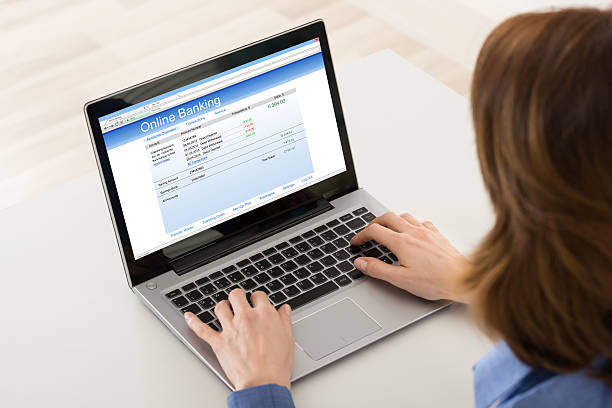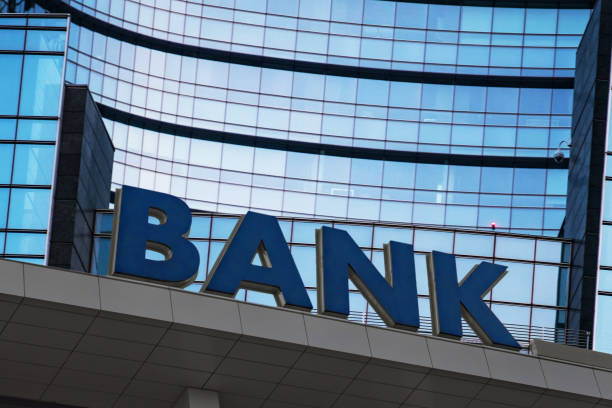Using the wrong routing number on a transaction can have a range of consequences, depending on the type of transaction and the circumstances. Here's what you might encounter:
Delayed Transactions: The most common outcome of using the wrong routing number is a delay in the processing of your transaction. The funds might not be routed to the intended destination promptly, leading to frustration and inconvenience.
Funds Returned: In some cases, if the routing number corresponds to an invalid or non-existent account, the funds might be returned to your account. However, this process can take time and could still result in delays.
Lost Funds: In more severe cases, if the incorrect routing number corresponds to a valid account, the funds could end up in someone else's account. Retrieving the funds in such situations can be challenging and require cooperation from all parties involved.
Steps to Take
If you realize you've used the wrong routing number on a transaction!Here's what you should do:
Contact Your Bank: Reach out to your bank as soon as you become aware of the mistake. Explain the situation and provide them with the accurate routing number to ensure that they have the correct information on file.
Contact the Recipient's Bank: If you're sending funds to someone else, ask them to contact their bank to inform them of the error. Providing the accurate routing number will help their bank route the funds correctly.
Monitor Your Account: Keep a close eye on your account to track the status of the transaction. If the funds are returned or if there are any other developments, you'll be informed.
Be Patient: Correcting such mistakes can take time, especially if the funds are already in transit. Patience is key while waiting for the issue to be resolved.
Document the Process: Maintain a record of all communication with your bank, the recipient's bank, and any other relevant parties. This documentation can be useful if the situation becomes more complicated.
Preventing Future Errors
To avoid using the wrong routing number in the future, consider these preventive measures:
Double-check the routing number before initiating any transaction.
Verify the routing number with your bank or the recipient's bank if you have any doubts.
Use official sources, such as bank statements and online banking platforms, to confirm routing numbers.
Conclusion
Mistakes happen, but taking swift and responsible action when you've used the wrong routing number can minimize the impact of the error. By contacting your bank, keeping communication open with the recipient's bank, and being patient throughout the process, you increase the chances of resolving the issue successfully. Remember, prevention is key, so always double-check routing numbers before initiating any financial transaction to ensure your funds reach their intended destination smoothly.
Frequently asked questions (FAQs) related to finding a routing number on a check and how to verify a routing number




